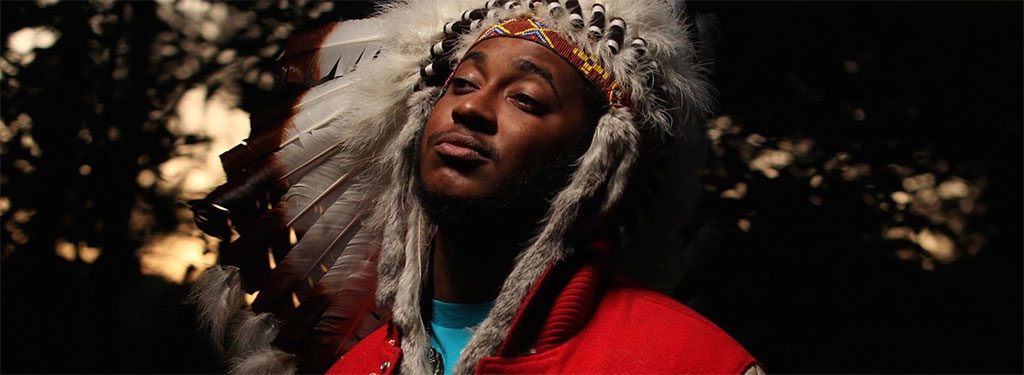
It’s been two years since bassist Stephen “Thundercat” Bruner released his debut album on Steve “Flying Lotus” Ellison’s indie label Brainfeeder, The Golden Age of Apocalypse. In that time, Thundercat’s star has continued to rise, continuing his work alongside FlyLo, Erykah Badu, Suicidal Tendencies, Snoop Dogg (before the Snoop Lion transition), among others. His artistic voice has been more clearly defined. He’s receiving more due props for being the self-proclaimed (though very well merited title) “bass god”. Now, on the eve of his new album, Apocalypse, an album birthed from evolution as much as from the pain of loss, that we can see where Thundercat is going next.
Apocalypse is more refined thematically, though only somewhat. It’s clear that the passing of virtuoso pianist Austin Peralta, a very close friend of Thundercat’s, has cast a shadow over the album. Much like how Peralta’s passing makes it impossible to think about the burgeoning career that had yet to blossom, it also makes one wonder what Apocalypse would have been had he been around to work with his brother in Jondy-love on Bruner’s sophomore album. Clearly he would have had an absolute blast on songs like “Seven”, named for its complex 7/4 time, or jamming the fuck out on “Lotus and the Jondy” alongside drummer Thomas Pridgen (The Mars Volta, Christian Scott, his own band The Memorials), likely the best track on the album. To an extent, his presence is still felt in the album closer in tribute to him, “A Message for Austin / Praise the Lord / Enter the Void”. It’s tracks like this and the penultimate “We’ll Die” or even the lead single “Heartbreaks + Setbacks” that bring home the idea that Bruner has certainly gone through a lot in the last year that has continually formed him as an artist and as a person who has generally experienced some pain in life. There’s more to him than his cat, even though there’s a song about that, too. Moreso than the debut, Apocalypse is an album about range, and more than one would have expected.
However, this album has more of an 90s R&B feel to it than its predecessor. This is understandable considering The Golden Age of Apocalypse was always rather difficult to pin down genre-wise. Even Nextbop’s own claim that it’s a jazz album is more along the lines of our championing of music on the fringe of the genre than a set in stone description of its sound indiscernable terms, but with vocals playing a larger role on this album, it’s not too large of a mental leap to the early works of Johnny Gill or others of that period. It’s this slant that makes the album, generally, to lack the jam feel past work had before. While Apocalype is more focused aurally and thematically than TGAoA, it’s also often tonally darker. The intermingling of the sweet and sour is certainly apparent, but the memory of the sour lingers much more than that sweet. This doesn’t diminish in one’s desire to listen to Apocalypse on repeat as much as humanly possible. However, you’ll be awash in a range of emotions much more than some mere party. No one ever said getting through the apocalypse would be easy.
Catch the stream of Apocalypse this week at NPR’s First Listen and buy the album at iTunes.
